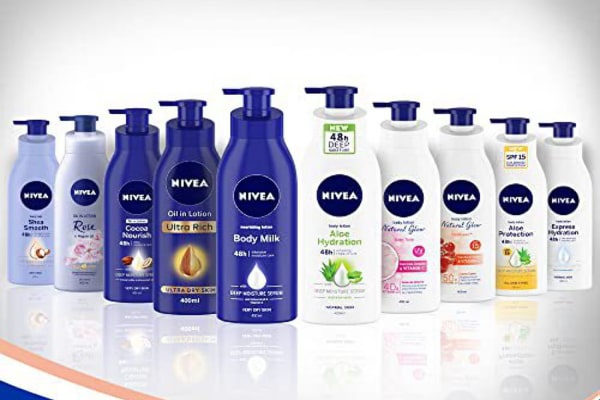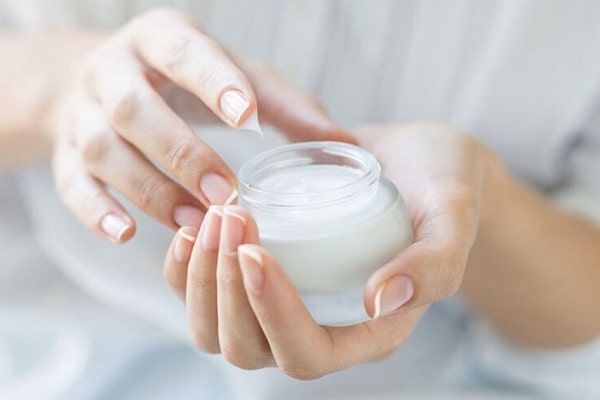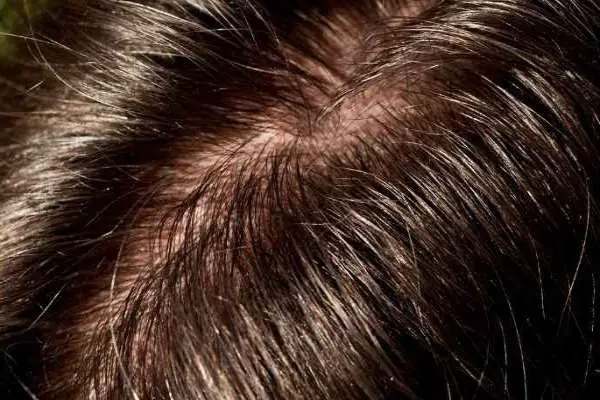Health Risks of Improper Use of Lightening Creams [Cosmetics Risks]
Lightening creams -also known as bleaching or whitening- are beauty products that have gained inordinate popularity in recent years.
Among its main promises are lightening the skin in short periods of time, or reducing the visibility of scars or birthmarks. Its effectiveness has been a subject of debate, however, the truth is that its inappropriate use can trigger risks to comprehensive health, health authorities warned.
![Health Risks of Improper Use of Lightening Creams [Cosmetics Risks] 2 Health Risks of Improper Use of Lightening Creams [Cosmetics Risks]](https://naijaxtremefashion.com/wp-content/uploads/2022/08/lightening-creams-and-cosmetics-risks-min.jpg)
The problem with these products is not the creams themselves, but their components. In addition, depending on what they are used for, in what part of the body and how often, they can cause serious side effects, indicated by the National Health Service of the United Kingdom (NHS).
According to this organization, the proportion of some of its components can represent a danger for people who use these products frequently.
Some of the typical ingredients in lightening creams that can pose a health risk in moderate amounts are:
- -Mercury.
- -Hydroquinone.
- -Corticosteroids.
“The composition is really the key, since the creams that are sold without passing legal control we do not know what they are made of,” said Dr. Emma Wedgeworth, dermatologist and spokesperson for the British Skin Foundation Association.
Read Also: Best Lightening Cream Without Hydroquinone In Nigeria
The use of this type of product should be done only under the recommendation of a doctor and following its application instructions. Not doing it this way can have serious health consequences, the specialist warned.
Risks
“Generally, these products should never be applied more than twice a day, and only in localized areas, never for continuous periods of more than 8 or 12 weeks,” explained Dr. Wedgeworth.
However, most people who buy these creams do so outside the medical field, so they use them inappropriately: for a continuous time and in very large or dangerous areas of the body, such as the face or areas near the eyes.
The NHS warns that some of the risks of using these products improperly are:
- Irritation and inflammation of the area where the cream has been applied.
- Sensation of stinging, burning and scaly skin.
- Decrease in the thickness of the skin.
- Blood vessels can be made much more visible.
- Appearance of scars.
- The liver and kidney can be seriously damaged.
- They can cause harm to the baby if used improperly during pregnancy.
Tips to prevent cosmetics from causing health problems
The use of cosmetics is part of the daily routine of a good number of people, whether for work reasons or purely aesthetic purposes. That is why attention should be paid to their care because although it may not seem like it, they can pose a potential risk to comprehensive health.
Regarding this last aspect, the case of a woman who sued a major cosmetics brand has recently become relevant on the internet. The reason? She claims to have contracted herpes after trying on lipstick at one of her stores.
In the lawsuit, the brand is accused of failing to warn consumers of the health risk of lipstick samples found in stores, which has caused “an incurable disease” and emotional stress.
So, can the spread of this type of infection occur through cosmetics?
“Technically, it is possible for something like this to happen. Saliva is one of the routes of transmission of herpes, and a person who was a carrier could transmit the virus to lipstick and it could become infected”.
To avoid cases like this, experts recommend carrying out a series of hygiene tips when using cosmetics, such as:
- Acquire good quality and completely sealed products.
- Makeup brushes and applicators must be of good quality and must be changed at least every two months, in addition to being stored in a hygienic place, avoiding contact with areas that may contaminate them.
- Remove make-up every day at night, to eliminate all the contaminants that have been adhered to the make-up and also allow the pores to be prepared to stimulate the rest of the skin.
- Check expiration. A makeup base, for example, has an average life of one year. Find the dates and write them down.
- Cover the products well. Bacteria in the air can cause side effects.
- Wash hands and tools. This habit will prevent various dermatological diseases.
- Pay attention to texture. If your cosmetics change color or smell, they should not be used anymore.
- Do not lend cosmetics. These are personal items, so no one else should use them. This will prevent many infections.
- Change after illness. After contracting an infectious disease on the skin of the face or in the eyes, such as conjunctivitis, it is important to change cosmetics.
- In stores or demonstrations, do not try products that are not disposable presentations (which are thrown away after being used by a person).
Read Also: How To Choose Foundation For Oily Skin [3 Tips]
We hope the information conveyed here is of help to you, if you have an addition or want to air your opinion kindly make use of the comment box below.




![How To Get Pink Lips Naturally in Nigeria [10 Safe Methods] 6 How To Get Pink Lips Naturally in Nigeria [Safe Methods]](https://naijaxtremefashion.com/wp-content/uploads/2022/05/how-to-get-pink-lips-naturally-img_1-min.jpg)

![5 Best Hair Dyes For Natural Hair in Nigeria [Best Quality] 8 5 Best Hair Dyes For Natural Hair in Nigeria [Best Quality]](https://naijaxtremefashion.com/wp-content/uploads/2022/05/the-best-hair-dyes-for-natural-hair-in-nigeria_1fdj-min.jpg)
I don’t think the title of your article matches the content lol. Just kidding, mainly because I had some doubts after reading the article.
Thanks for sharing. I read many of your blog posts, cool, your blog is very good.
Your point of view caught my eye and was very interesting. Thanks. I have a question for you.
I don’t think the title of your article matches the content lol. Just kidding, mainly because I had some doubts after reading the article.
Can you be more specific about the content of your article? After reading it, I still have some doubts. Hope you can help me.
Thanks for sharing. I read many of your blog posts, cool, your blog is very good.